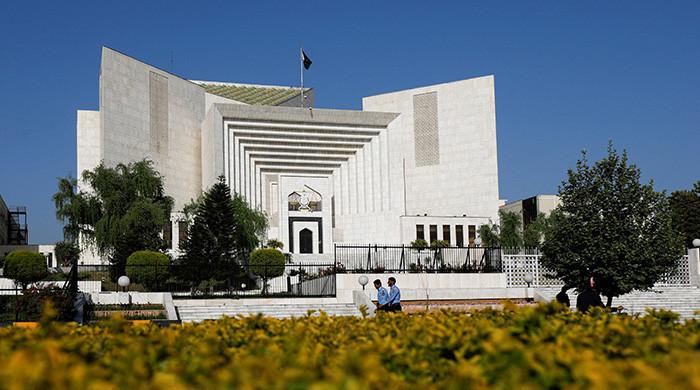Supreme Court Issues Guidelines on AI Use in Judicial System
- Justice Mansoor delivers an extensive 18-page judgment.
- AI should only be used for research and drafting assistance.
- Law commission is encouraged to create explicit guidelines.
The Supreme Court of Pakistan has made a significant pronouncement regarding the incorporation of Artificial Intelligence (AI) within the nation’s legal framework, advocating for the establishment of official directives to oversee its utilization.
Justice Syed Mansoor Ali Shah’s 18-page ruling emphasizes AI’s function as a supplementary resource, not as a replacement for judges.
The highest court in the country noted that while AI technologies such as ChatGPT and DeepSeek possess the ability to greatly improve judicial effectiveness, they are unable to replicate the critical elements of human thought, discernment, and understanding that are vital in the administration of justice.
The decision urges the National Judicial (Policy Making) Committee, alongside the Law and Justice Commission of Pakistan, to collaborate on the development of thorough guidelines that define the acceptable parameters for AI usage in judicial settings.
The verdict stated that these guidelines must define explicit boundaries, guaranteeing that AI is employed solely as a tool to aid and never in a way that jeopardizes judicial independence, adherence to the constitution, or the public’s confidence in the judicial process.
The court mentioned that judges worldwide have recognized the value of AI in aiding with legal research and the creation of documents. It was mentioned that AI has the potential to facilitate legal research, produce drafts, and refine linguistic precision; however, it must not be permitted to compromise the autonomy of human decision-making in the legal system.
The Supreme Court referenced examples from other countries, noting that judges in Colombia, the United States, and Pakistan have already tested AI tools like ChatGPT for drafting decisions, albeit under strict human supervision.
Pakistan’s Federal Judicial Academy has launched “Judge-GPT” to help about 1,500 district judges with case research and drafting under a controlled environment.
The judgment cautions against “automation bias” and AI-generated incorrect information and emphasizes that these tools should never be regarded as definitive or infallible.
Judges must consistently validate AI outputs to ensure that all judgments are transparent, readily explained, and open to challenge.
The verdict states that a courtroom should be a forum for thoughtful and reasoned judgment rather than algorithmic governance, and assigning essential adjudicative responsibilities to AI would be considered unethical and a breach of due process.
The court came to the conclusion that AI has the potential to expedite processes and enhance administrative efficiency, such as in the allocation of cases; nonetheless, it reiterated that human judges must continue to bear exclusive responsibility for core judicial functions. It was suggested that any framework that is established must uphold judicial independence, respect for the constitution, and public confidence.



Comments (0)
No comments yet. Be the first to comment!
Leave a Comment